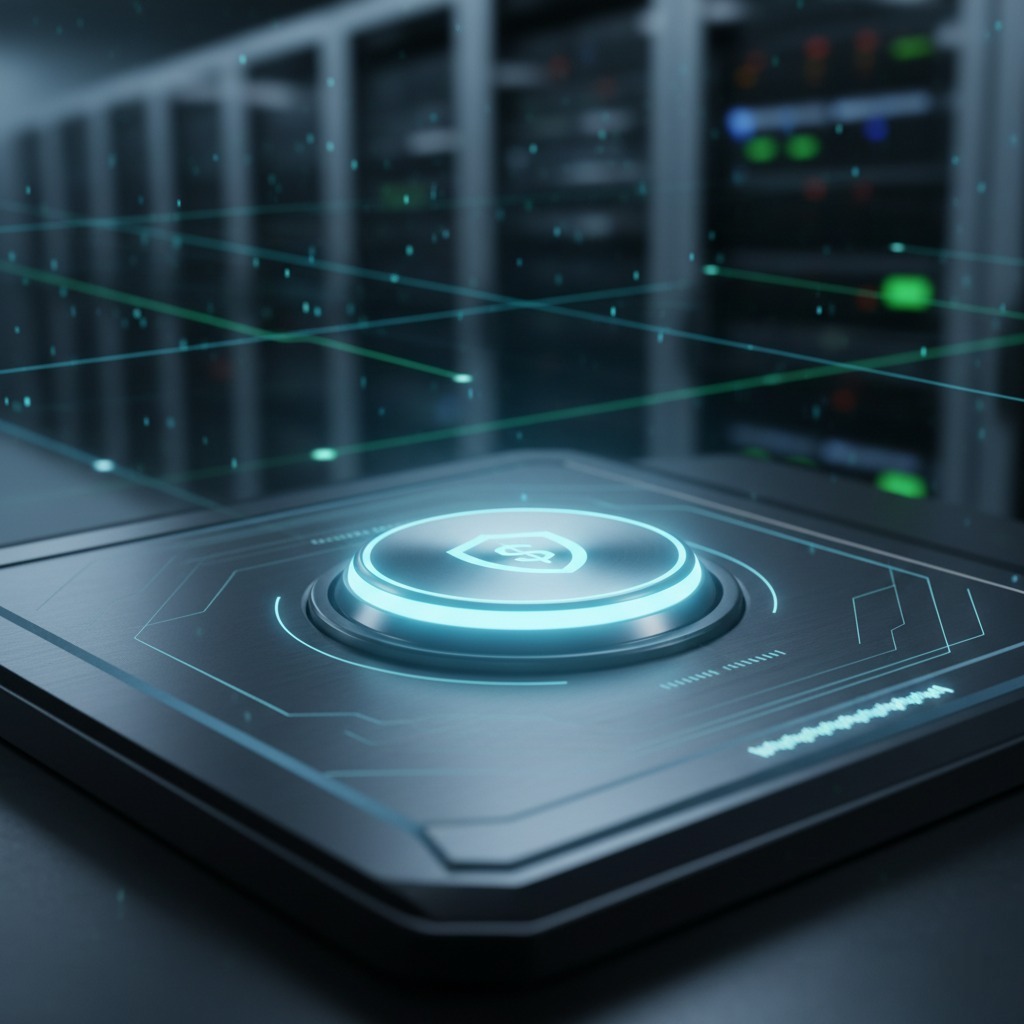
Software-as-a-Service (SaaS) applications are more in use than ever before. Almost every company uses either one or the other SaaS application on a daily basis. The global SaaS market size is expected to reach $185.8 billion by 2024 as businesses move online and adapt to cloud for an agile and lean growth model.
However, most companies operate under the misconception that SaaS providers are responsible for the protection of their data. In the 2020 IT Operations Survey Report, about 60% of the participants — IT leaders, IT managers and technicians from small and midsize businesses (SMBs) — believed that their data remains private and secure in the cloud, which is true but only to a certain extent. And only one-third of the SMBs backed up their SaaS application data.
There are significant limitations to SaaS data protection provided by cloud vendors. While cloud service providers do manage the network, OS and application side of things, the companies themselves are responsible for the data housed in the cloud and on cloud applications.
Let’s take a look at the top factors that lead to SaaS data loss for businesses:
Many SaaS providers cannot protect your SaaS data against the threat actors mentioned above. In fact, cloud providers like Salesforce and Microsoft 365® recommend third-party backup services and many compliance regulations, such as the Health Insurance Portability and Accountability Act (HIPAA), Sarbanes-Oxley Act (SOX), General Data Protection Regulation (GDPR) and more, direct companies to adopt the “shared responsibility” model for data protection in the cloud.
According to the “shared responsibility” approach, the cloud provider bears the responsibility of the infrastructure while the customer is responsible for the control and access of the data in the cloud.
To protect your SaaS data, you need a backup solution that allows you to:
Every business must have its own backup and recovery strategy in place that can help them prepare for the unexpected. Using the right SaaS data backup and recovery solution can make the process easier for you. Can your backup solution fully recover your business-critical SaaS data?
Schedule a consultation with us today to learn how effective your backup solution can be in case of a disaster.

.jpg)
